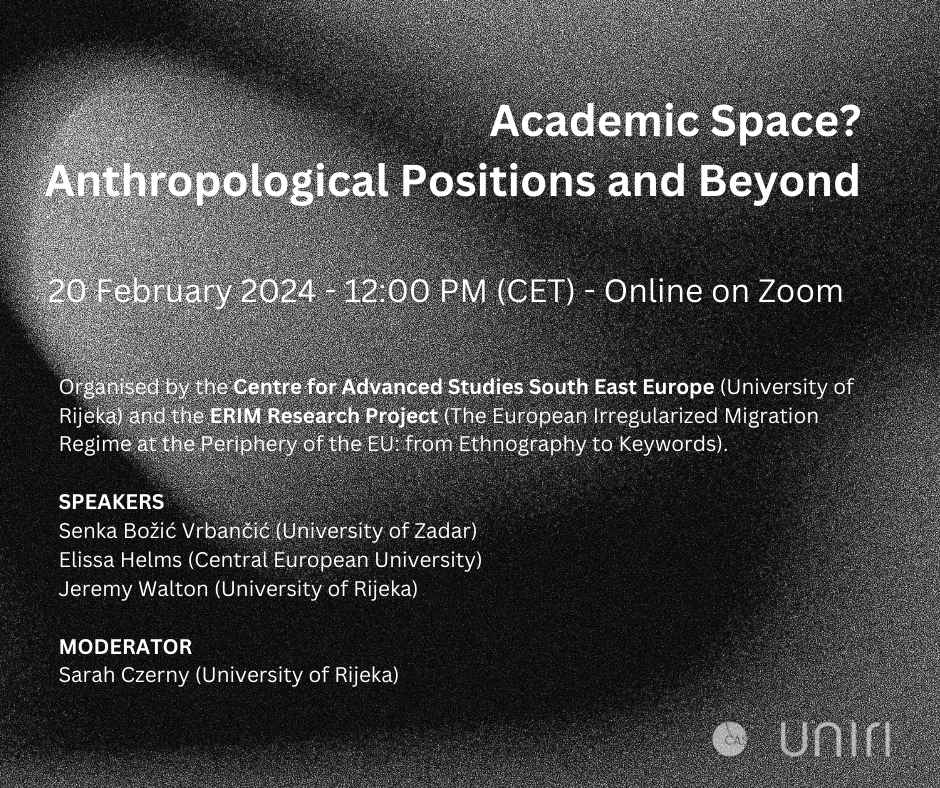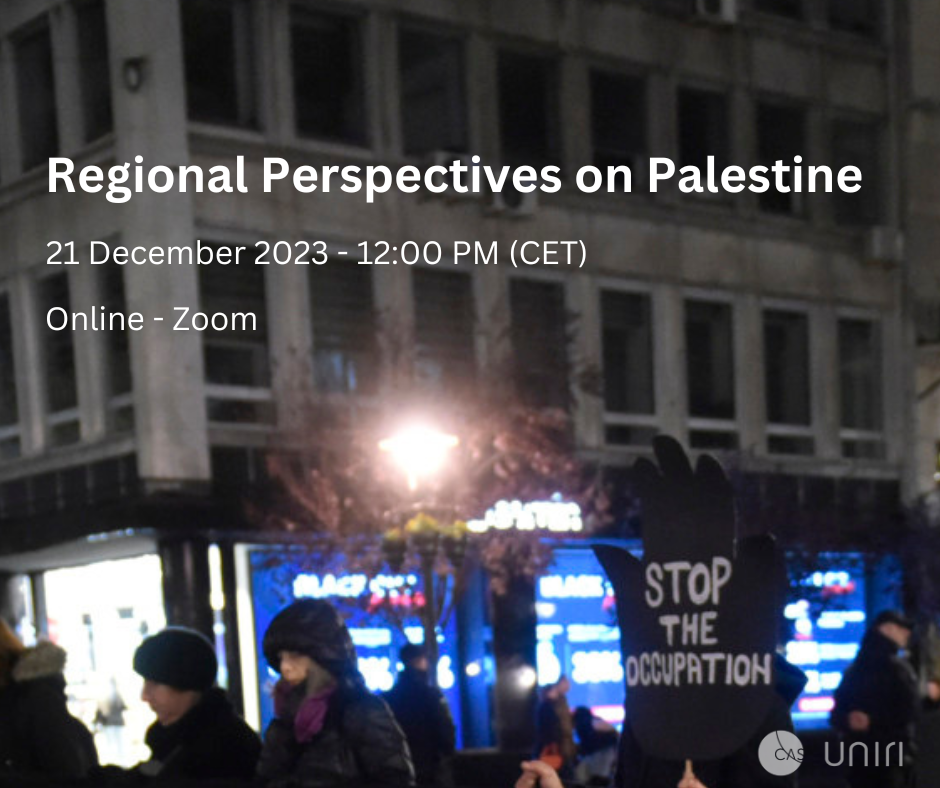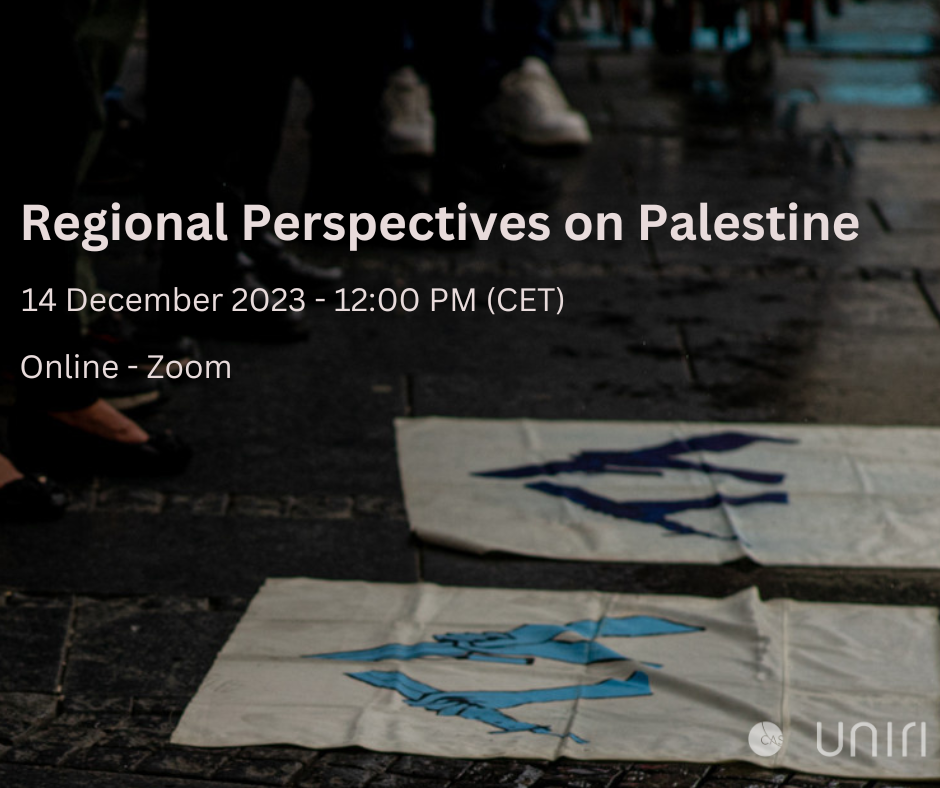Crisis of Democracy in Southeastern Europe
A lecture by Folrian Bieber, Ph.D., entitled “Crisis of Democracy in Southeastern Europe”, was held on Thursday, November 10, 2016 at the Faculty of Humanities and Social Sciences. The lecture was organized by Center for Advanced Studies – South East Europe in cooperation with Department of Cultural Studies at the University of Rijeka.
The talk explored if the current crisis of democracy is substantially new or whether it echoes patterns from the 1990s. In doing so, it contextulised the current crisis of democracy in the larger European context and examins the larger challenges to liberal democracy. The 1990s in the Western Balkans was characterized by authoritarian and semi-democratic regimes that combined multi-party elections with nationalist rhetoric and the privatization of the state to affiliated business interests. After regional move towards democratization in the early 2000s, the semi-authoritarian practices began re-appearing by the late 2000s and have by now firmly taking root. The talk will argue that the current semi-authoritarian systems structurally differ from those of the 1990s, yet draw on the inability of the hiatus of democratization to rupture the structural mechanisms that facilitate the return of authoritarian practices.
Florian Bieber, Ph.D., is a professor of Southeast European Studies and director of the Centre for Southeast European Studies at the University of Graz, Austria. He studied at Trinity College (USA), the University of Vienna and Central European University, and received his PhD in Political Science from the University of Vienna. Between 2001 and 2006 he worked in Belgrade (Serbia) and Sarajevo (Bosnia & Hercegovina) for the European Centre for Minority Issues. He is a Visiting Professor at the Nationalism Studies Program at Central European University and has taught at the University of Kent, Cornell University, the University of Bologna and the University of Sarajevo.




